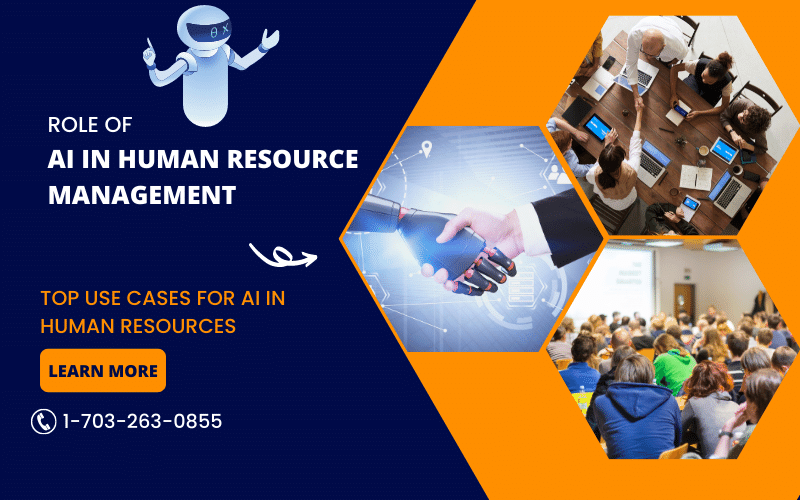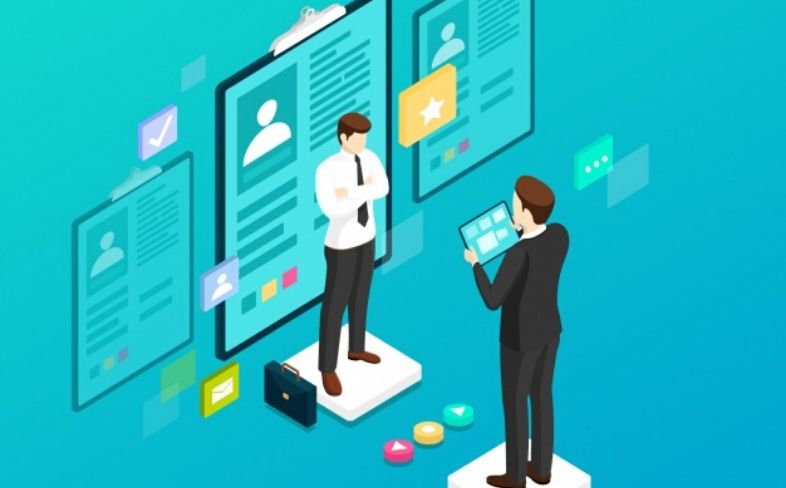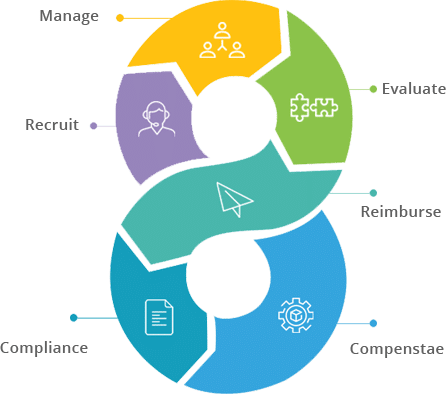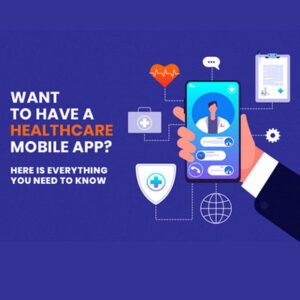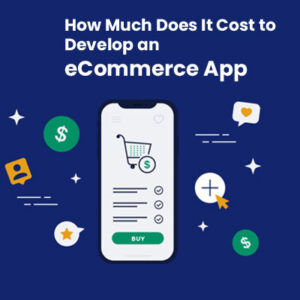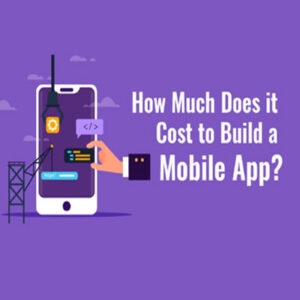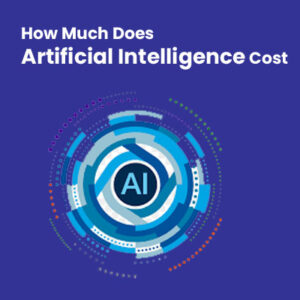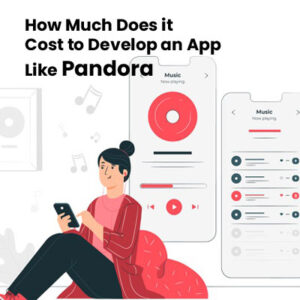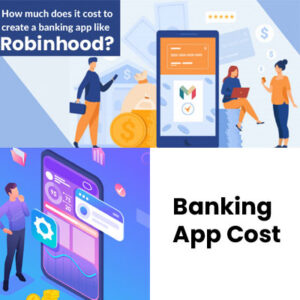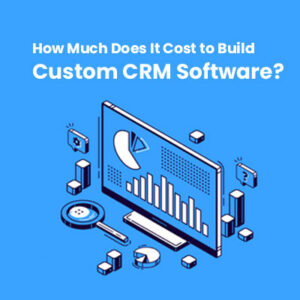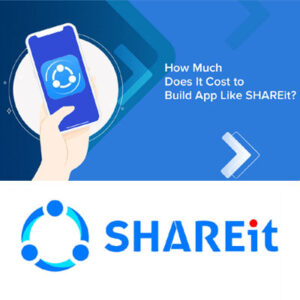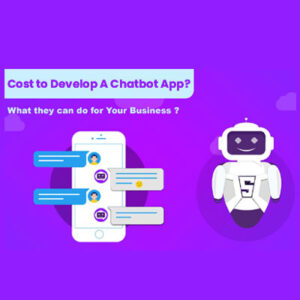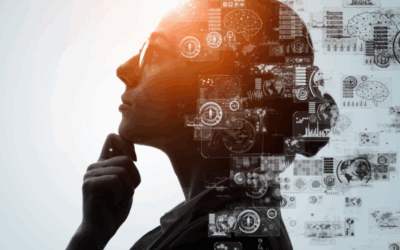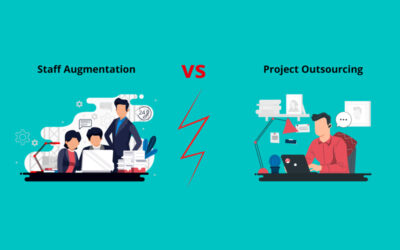Expert Guide: Use Of AI and Machine Learning In HR
Role Of AI In Human Resource Management
Why is the HR industry looking to adopt Artificial Intelligence (AI) technology? Why are organizations integrating artificial intelligence in HR?
The only reason behind this drastic shift to AI in HR is to achieve automation in processes, improve productivity, reduce operational costs, business risk reduction, and finally, remain competitive in the digital world. Not only these benefits, but AI is being used in HR for enhancing employee experiences, improving retention, and optimizing company-to-employee relationships.
The use of AI and Machine Learning in HR worldwide is increasing for automating the regular and routine tasks of HR personnel. Organizations are integrating AI into human resources processes, reducing the time taken to hire employees, and improving productivity.
Further, the implementation of AI and machine learning in HR processes will benefit organizations in many ways. Organizations can reduce costs and automate repetitive tasks. Smart AI technology helps HR members to drive performance and helps them to achieve the company’s objectives in a faster and smarter way. Hence, the role of AI in human resource management is incredible, ensures hassle-free functionalities, and overall reduces cost overheads.
On the HR industry front, multiple consultancies and recruiting firms, SMEs, and MNCs are all planning to completely transform their traditional human-based hiring processes to AI. Hence, AI-based hiring and recruitment are a boom in the HR market now.
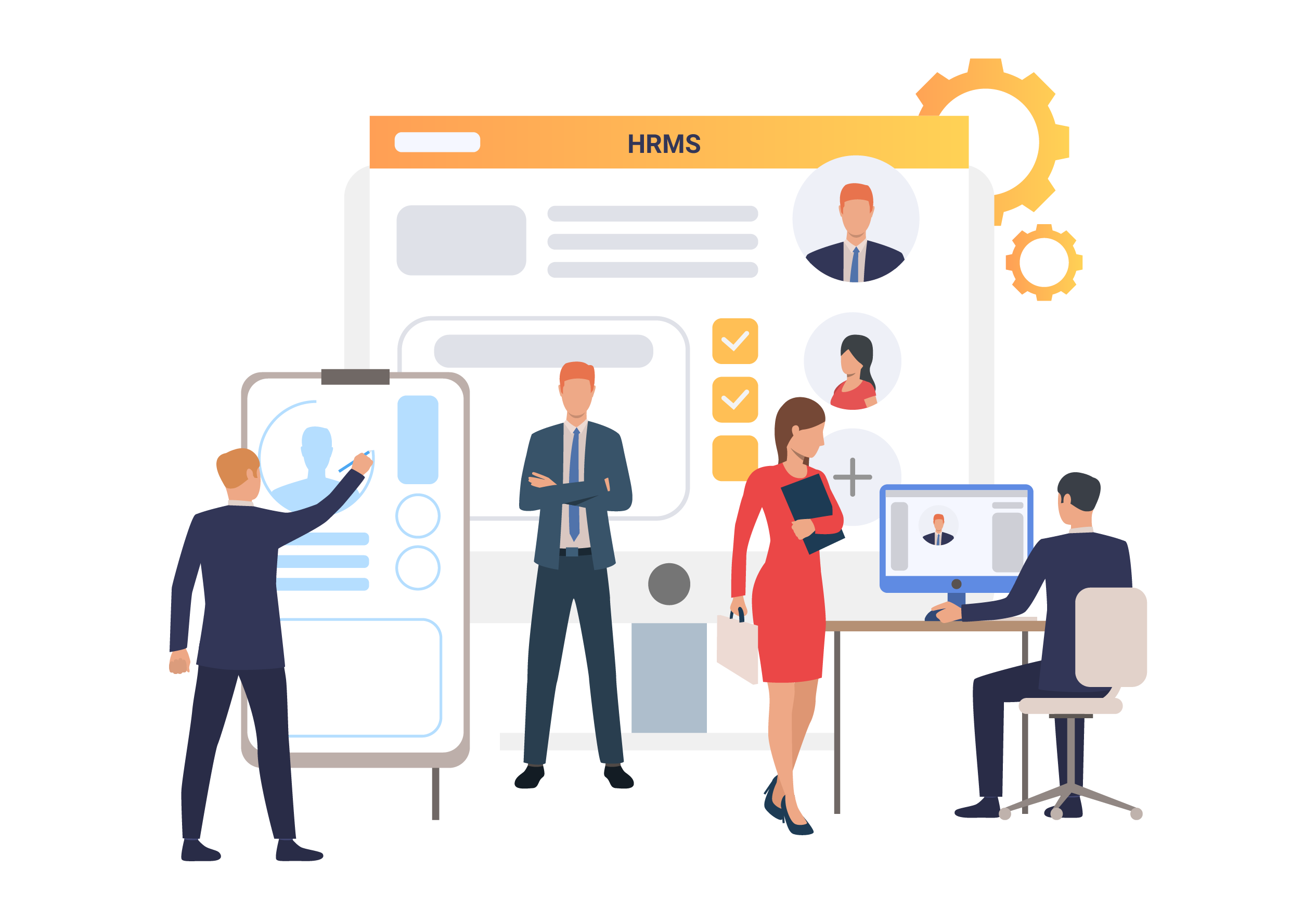 Herein, we have given a brief on:
Herein, we have given a brief on:
- What is AI?
- What is the Role of AI in human resource management?
- What is Machine Learning (ML) in HR?
- Top use cases of AI and machine learning in HR
- What is Deep Learning?
- What are the benefits of deep learning in the HR industry & benefits of ai in hr?
Let’s start our topic!
What is Artificial Intelligence (AI)?
Artificial Intelligence is a revolutionary technology that primarily aims to automate defined tasks and mimic human functionalities and ensuring faster and more efficient performance.
AI technology enables machines to perform tasks exactly like a human with more intelligence and faster. The AI-powered machines, devices, systems, and applications can automatically learn from input data, solve complex issues, interprets and processes natural language, and many more. Driven by all these intelligent capabilities, AI is being used by organizations across industries, including HR. The role of AI in HR 2022 is ensuring a bunch of opportunities for organizations for automating their processes and augmenting workflows.
What is Machine Learning (ML)?
Machine learning (ML) is one of the significant branches of AI. A blend of AI and ML in applications or systems will analyze data patterns, derive insights from the input data, and make predictions.
How Is Machine Learning Used In HR?
ML applications in human resources (HR) are emerging and reshaping the HR industry. This revolutionary technology will help HR and recruitment teams in tracking applicant profiles and shortlisting resumes based on criteria. Implementing AI and ML in human resources will allow HR teams in assessing employee retention rates, mapping the risk of joining failures, etc.
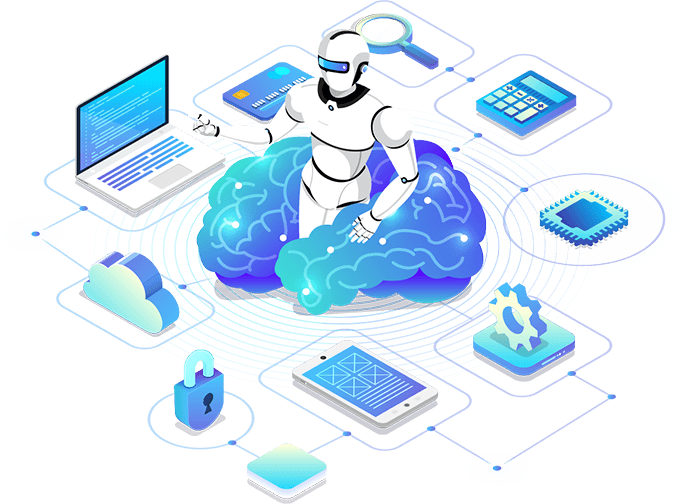 Top Use Cases For AI In Human Resources
Top Use Cases For AI In Human Resources
Here are a few key applications of Artificial Intelligence in Human Resource Management. These benefits of AI and ML in HR are the core reasons behind the increasing adoption of AI-based software applications in the HR industry. Let’s move on to the advantages of using AI and ML in the HR industry.
1. AI in HR for Profile Selection:
ML algorithms are used to extract the right candidate profiles based on the criteria you fed to the system. This will save a lot of time for HR teams in searching for the desired candidate profiles.
2. AI for Recruitment Purpose:
ML can do magical things beyond resumes. By analyzing the candidate’s social media profiles, ML tools can retrieve candidate attributes including experience, and other added skills that are not in the resume.
3. AI/ML in HR For Tracking and Assessment:
It is one of the most fabulous applications or use cases of machine learning for HR teams. AI, together with ML-based HR tools, helps HR teams to efficiently track the candidates throughout the interview process. Accordingly, ML-powered HR tools assist HR professionals to analyze the candidate talent score and make perfect decisions regarding hiring.
4. AI in HR For Employee Attrition Detection:
Analyzing why an employee is staying or leaving is an extremely complex task to be done by human HR professionals. But, machine learning tools and apps can do this seamlessly. ML tools can easily find the employee attrition rate and help HR managers to guide them for maintaining a good employee retention rate.
5. AI in Human Resources For Better candidate experience:
Natural language understanding- powered conversational AI chatbots in HR are used to provide quick responses to applicant as well as employee queries.
6. AI/ML Solutions To Boost Employee Performance:
AI and ML in human resources will help in enhancing employee skills. These kinds of platforms help companies in providing personalized recommendations to their workforce that boost their brand value in the market. However, ML tools also help employees to develop their skills to sustain themselves in this ever-competitive digital environment.
USM’s AI-based hiring solutions boost the performance of your HR teams. Let’s know how.
These are the best use cases of AI and ML in HR. Before the evolution of AI and ML technologies, HR professionals used to perform all these tasks manually. Now, AI apps can do all these tasks automatically. However, the adoption of AI and ML tools in HR is not yet fully done. It needs some time to completely roll out in the HR industry.
Now, let’s move on to a brief on the definition of deep learning and key use cases of deep learning for the HR industry.
What Is Deep Learning?
Deep learning is a subset of emerging ML technology. Deep Learning technology is used to gather, analyze, and process vast amounts of raw data for predicting the scope of the future. It helps HR people in many ways and here are the top and key use cases of deep learning for the HR industry.
Let’s Start.
Key use cases of Deep Learning for HR industry
• Face Recognition: Deep learning algorithms are well efficient in classifying images. It helps HR managers in recognizing and classifying thousands of candidate profile pics faster using objective data.
• Speech Recognition: Deep learning algorithms have enough capabilities to listen, understand, and respond to voice inputs. This use case is very much needed for HR professionals in terms of voice recognition virtual chatbots.
• NLP Chatbots: Using the power of natural language processing techniques, virtual chatbots can understand human language and respond accordingly. NLP-enabled AI systems completely automate HR tasks with Chatbots.
In the below section, we completely focused on how the bled of AI, ML, and deep learning offers benefits and opportunities to HR teams.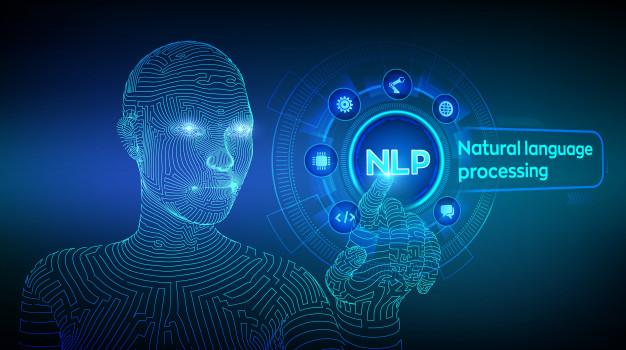
USM has vast experience in delivering AI-powered staff hiring and recruitment solutions.
Let’s talk to know more!
Herein, we have listed the top three reasons why organizations are deploying AI in human resource management.
1. Employee experience
According to market reports, approximately 80% of organizations believe that their employee experience is their success. The organizations that provide personalized employee experience are witnessing unbelievable productivity, profitability, as well as greater employee retention rate.
AI tools can work best throughout the employee lifecycle from selection, recruitment, and onboarding to virtual HR services, skill development, etc.
2. Data-driven decision making
Artificial intelligence in HR is widely applied for making instant results-oriented and data-driven decisions. Leveraging the capabilities of AI’s predictive and ML, AI-based software applications help HR professionals derive valuable insights into data and make decisions instantly towards hiring employees and save resources and time. Using AI and ML solutions, HR managers can analyze candidates’ data, draw insights, and automate the screening and hiring processes by taking value-added business decisions.
3. Intelligent automation
AI and automation refer to intelligent automation. Intelligent automation enables systems to understand and react with or without human intelligence. Along with automating HR tasks, intelligent automation will also help to make the best business decisions as a human does. Hence, artificial intelligence in HR opens up multiple opportunities for organizations by developing AI apps for their industries with the help of mobile app development companies.
